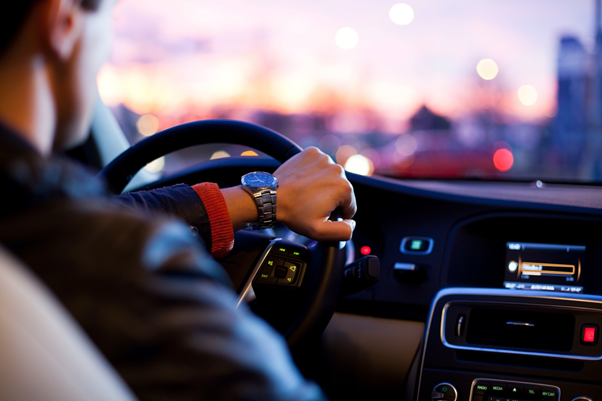Driving can be an expensive pursuit. On top of the cost of the vehicle itself, the average British motorist will also need to weigh a range of additional expenses, including taxation, fuel, insurance, and maintenance.
In many cases, the cost of driving can be slashed with the help of a few simple measures. Taken in isolation, many of these might not make much of a dent in the overall cost of motoring – but together, they might make a substantial one.
Find the best fuel price
The price of the fuel you put into your tank will make a big difference to your overall spending. Thus, it’s worth shopping around locally to see what’s on offer. Monitoring the prices needn’t mean heading to the stations in question – you can do the job online, by paying just a small amount each year.
In most cases, it’s not worth spending extra on premium high-octane fuels. These tend to be formulated for performance vehicles and will offer minimal benefit to the average motorist.
Driving smoothly
When you apply the brakes in your car, you’re effectively distributing energy generated by burning fuel into the surrounding air and road surface as heat. It’s this process that slows the car. The less braking you do, in other words, the better for your fuel economy.
What this means in practice is driving as smoothly as possible. Look ahead and try to anticipate when the lights are going to change. Don’t accelerate too hard, as this will burn more fuel than necessary. Driving efficiently is something that requires practice, but it’s a very rewarding thing to do.
Watch your tyres
When your tyres are in poor condition, your fuel economy will suffer. As such, you should look at replacing your tyres as soon as the tread depth approaches the legal minimum. Similarly, get into the habit of regularly checking your air pressure, and inflating where necessary.
Tidy your car
Any extra weight you’re carrying around will make it more difficult to get your car moving and slow it down. If you have any heavy items stored in the boot, you’ll end up spending more in the long run. As such, this makes it worth performing a regular tidy-up.
Consider alternatives
If you aren’t driving your car, then you’ll end up spending less. It’s partly for this reason that walking, cycling, carpooling, or taking the bus make so much sense, especially if you’re travelling to somewhere nearby. You might look at driving your car only when needed, and taking temporary driver insurance out when required. There are many such products available, many of them targeted at learners.
Finally, you might look at making the switch to a more efficient electric vehicle – though the savings here will only become palpable if you’re putting in high mileage.





